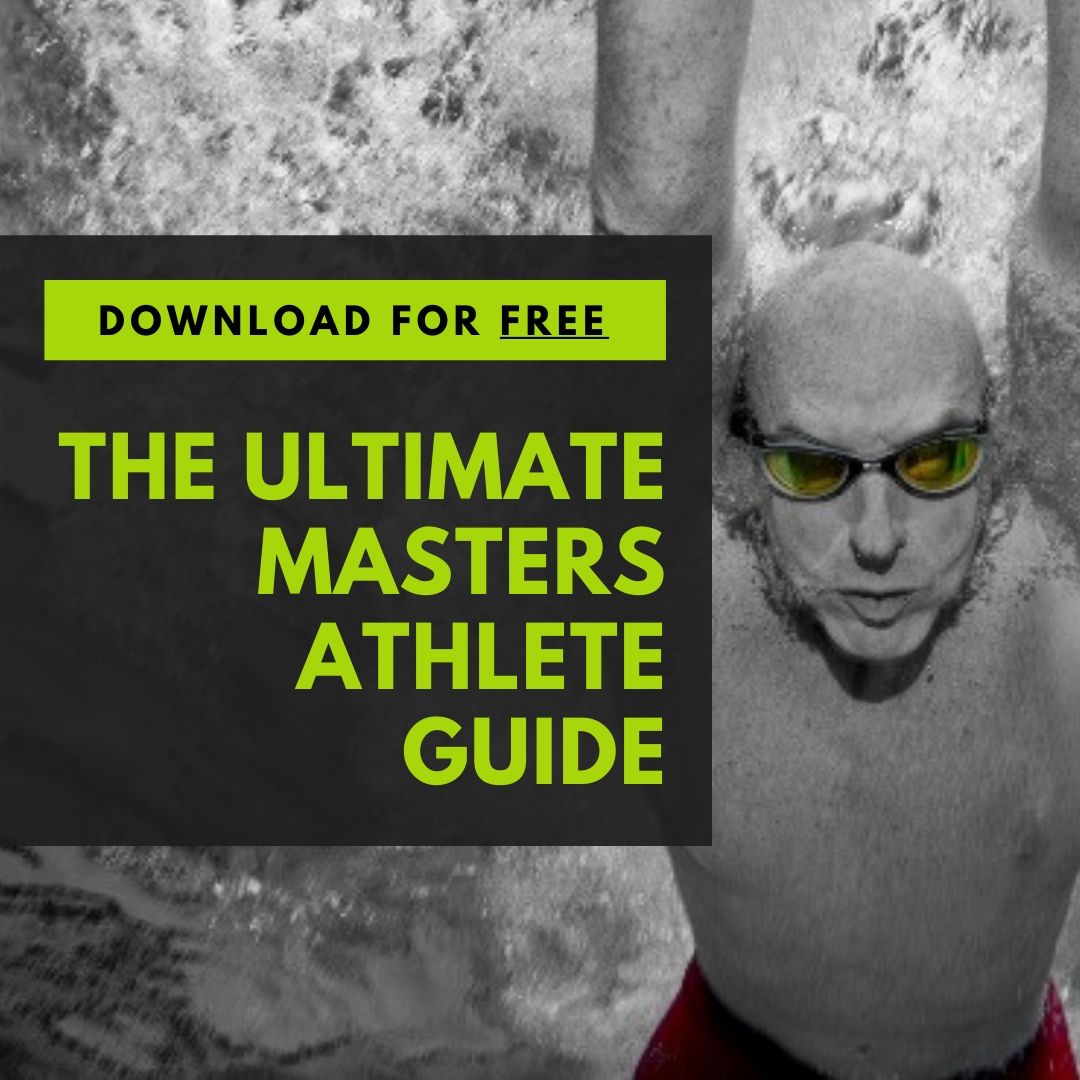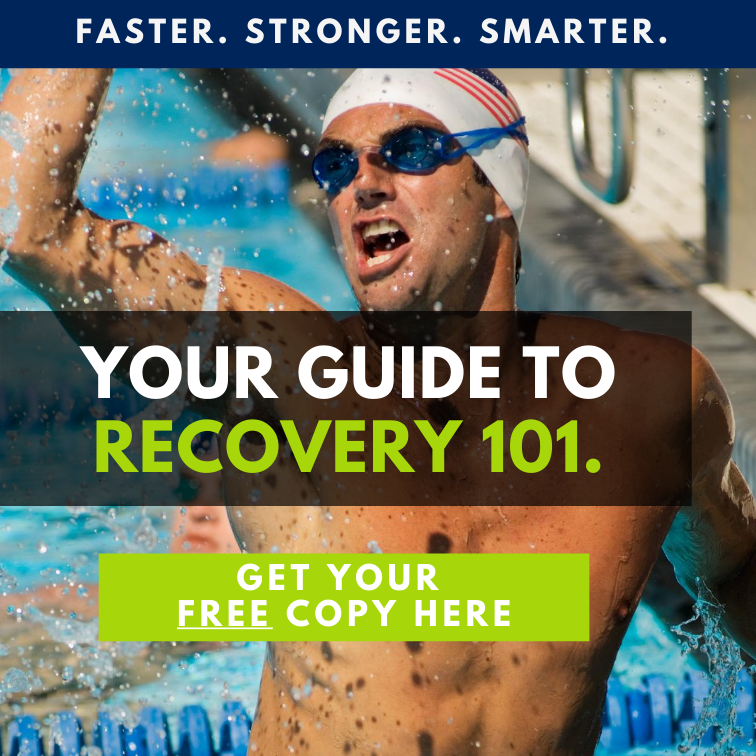
The Anti-Stress Vitamin: EnduroBoost Adaptogens
Athletes, particularly the high performers, are metaphoric tightrope walkers, performing daily dazzling displays of discipline and balance. They walk a fine line between pushing too hard and not pushing hard enough. The line between breaking through a barrier and shaving seconds off your time or pushing into injury territory. Our bodies adapt to the stress we put on them when we increase the frequency and intensity of our training. Spending time at increased intensity enables our bodies to adapt to handle heavier training loads, and build speed, strength, and power. Handling heavier training loads requires athletes to practice the necessary discipline to recover adequately, which means refueling correctly and getting sufficient rest. The demands of fitness fall in tandem with juggling life, family, friends, studying and/ or work, all of which add up to a tall order. Meeting these demands generates mental stress, which when sustained for long periods can lead to anxiety and sometimes even burnout. How we respond to physical and cognitive loads defines how well we adapt over time, and in turn, how we can build ourselves into the athletes we aspire to become.
There are an array of tools available to help get anxiety under control and manage stress. Strategies to manage the factors we can control include maintaining a healthy diet and scheduling sufficient sleep and may include incorporating meditation and visualization into daily practices. The EnduroBoost Adaptogens, dubbed “the anti-stress vitamin”, are an effective, well-studied, albeit less well-known, tool available for athletes’ to help manage and adapt to physical and cognitive stress. For decades athletes have been adding adaptogens to a balanced diet to help their bodies adapt to stress and to mitigate the negative impacts caused by stress. Perhaps this is news to you and you’ve never heard of adaptogens, or perhaps you’re already taking the EnduroBoost Adaptogens and you’re interested in learning more about their history, research, and the decades of testing that went into this seemingly well-kept secret. In either case, this blog post is for you.
What is defined as an adaptogen?
“Adaptogens are compounds that are able to prevent the physical and chemical effects of stress.” - Examine.
Adaptogenic herbs, namely Rhodiola Rosea, Eleutherococcus senticosus and Schisandra Chinensis, have been around for centuries and are commonly used as an anti-fatigue agent and to counteract the negative effects of stress. In 1998 the American Food and Drug Administration (FDA) defined an adaptogen as “a new kind of metabolic regulator that has been proven to help in environmental adaptation and prevent external harms.”
The term “adaptogen” was first coined by N. Lazarev, a Russian scientist, in 1940, the term began to gain momentum during World War II. The idea that mental and physical performance could be improved by taking a pill became increasingly popular, especially for the military, in particular for pilots, submarine crews, and later cosmonauts. The first studies were published by the Soviet Union in military journals, although present coverage on the effects of adaptogens has gone as mainstream as the New York Times and Time Magazine, in their attempts to answer questions such as “Why cordyceps and maitake are suddenly galloping through your smoothie”.
A growing number of “superfoods”, even cordyceps, the bizarre-looking caterpillar-like fungi, have been aggrandized by being called an “adaptogen” even though they do not meet the criteria of true adaptogens. While they may have benefits attractive enough to consume such bizarre-looking food, they haven’t been studied to the extent that true adaptogens have and, currently have not been shown to have the desired optimal benefits that have come to be expected from true adaptogens.
What is a true adaptogen?
Over the course of +30 years of extensive research on adaptogens, the Swedish Herbal Medicine Institute has produced a comprehensive set of criteria used to define a true adaptogen:
1. “Can not only maintain or recover homeostasis and allostasis but can also promote anabolic recovery.”
2. “Can produce positive stress response and the associated hormone expression.”
3. “Strengthen the functioning of each systems, promote optimal response, promote recovery of function, and help regulate energy use by improving the function of neuroendocrine system and enhancing cellular energy transfer, which can make the body utilize oxygen, glucose, lipids and proteins effectively, thus providing us with a steady supply of energy”
Various herbs and fungi do show promising benefits but many have not been widely enough studied to confirm whether they check the boxes above. To date the most extensively studied and confirmed true adaptogens are:
- Schisandra chinesis: a berry from the Schisandra plant, with cardioprotective effects, which help to increase blood flow and nitric oxide bioavailability, and has strong antioxidant properties. Schizandra was attracting interest as early as 1895 in Russia, and 1903 in the Far East.
- Eleutherococcus senticosus: more commonly known as Siberian ginseng, is used to combat fatigue, has been shown to have immune-boosting properties in that it stimulates T-cell proliferation and increased oxygen uptake.
- Rhodiola Rosea: a Scandinavian herb, is a neuroprotective that has shown to significantly reduce fatigue and exhaustion in prolonged stressful situations. Rhodiola Rosea helps maintain natural cortisol levels, increases the uptake of oxygen, and reduces physical fatigue. It has also been shown to “significantly reduce the fatigue and ‘burnout’ associated with stress and anxiety’”.
These three, Rhodiola Rosea, Schisandra chinesis, and Elutherococcus senticosus, are all found in the P2Life EnduroBoost Adaptogens, which is formulated in the necessary therapeutic dosages to promote physical performance, increase mental and physical stamina, reduce recovery times and combat physical and cognitive stress. These three adaptogens have also shown clinical efficiency as an immunotropic and anti-inflammatory.
So they help fight mental and physical stress, but how exactly do they work?
While stress is intended to be a temporary state for the body, the demands of modern lifestyles are increasing the prevalence of chronic stress, which according to the Mayo Clinic increases the risk for (to name a few): anxiety, depression, headaches, heart disease, digestive problems, weight gain, and memory, and concentration impairment. The hypothalamic-pituitary-adrenal (HPA axis) is responsible for helping to regulate the body’s response to stress by producing and secreting cortisol. Adaptogens affect the HPA axis and essentially promote balance in your adrenal system, the part of your body responsible for managing stress hormones.
The whole process looks something like this:

Adapted from https:// www.ncbi. nlm.nih. gov/pmc /articles/ PMC3991026/
How are adaptogens used, and how do athletes use them to promote their performance?
Athletes use the EnduroBoost Adaptogens for a range of reasons, including to reduce fatigue, promote recovery, boost their immune system, balance their mood, as well as for metabolic support. P2Life’s EnduroBoost Adaptogens are taken at least 45 minutes before training to allow the body time to absorb them. Athletes who consistently integrate adaptogens as part of a balanced diet (even better when combined with P2Life’s NutriBoost shake) have found long-lasting positive benefits to their performance, increased recovery times, and improvements to their overall health. These athletes find themselves able to show up at their best, training after training, which puts them in the best position to achieve their goals. The EnduroBoost Adaptogens have helped athletes shave seconds off their time, add miles onto their runs, swims, hikes, and cycles and find them uniquely posed to more easily achieve that delicate balance of between pushing hard enough to break barriers while steering clear of injury territory.
Our P2Life Founder, Tim Shead, is an International Swimming Hall of Fame Inductee, with 45+ World Records to his name. He attributes his first World Record, and the ones that followed, to getting the right nutrition and getting a boost from adaptogens.
“They help me feel better, they help me recover better and most importantly I have found the value of them and eating correctly in terms of overall nutrition. One of the things that I’m most proud of was, at the age of 56 I broke five world records in five races and did two lifetime personal bests, faster than I did when I was trying to make the 1976 Olympic Swimming team. So, at 56 I swam faster than I did at age 24. There’s only one reason, nutrition. If you feed the body correctly it’s amazing what the body can do and the clock doesn’t lie.”
We’d be hard-pressed to find an athlete who doesn’t find these benefits tantalizing, but there’s a catch. There are a variety of adaptogens available on the market, but not all of them are true adaptogens, and of those that are, not all of them are manufactured or created equally. Athletes looking to add anything to their training plans always need to do their due diligence, not doing your homework or taking anything that isn’t independently batch-tested is essentially a gamble. Aside from the very real fears of testing positive for banned substances, or the possible harms involved in taking a tainted supplement, you may not be getting what you’re paying for. Some companies may be using low-quality ingredients, or providing adaptogens but not in the therapeutic dosages, and only just enough to claim it’s in the product. P2Life’s EnduroBoost Adaptogens contain only true adaptogens, in the therapeutic dosages required for optimal benefits, and we conduct batch-testing for every product through an independent third party, the Banned Substances Control Group (BSCG).
If you’re looking to incorporate the EnduroBoost into your training but you have questions about finding your ideal dosage (these vary based on weight and training intensity), or the best times to take it based on your training schedule, we’re here to help. Start a chat with our friendly support team, or send us an email, and we’d be happy to help get you set up for success.
Sources:
- https://www. ncbi.nlm. nih.gov/ pubmed/ 19500070
- https:// examine. com/supplements /rhodiola- rosea/
- ”Evaluation of the effect of a single dose of a phytoadaptogen on the working capacity of human subjects during prolonged isolation”, by Bogatova RI, Shlykova LV, Salnitsky VP, Wikman G. Aerospace Environmental Med. 1997, 31(4):51-54.
- https:// examine.com /supplements/ eleutherococcus- senticosus/
- https:// examine.com /supplements/ schisandra- chinensis/
- Plant adaptogens increase lifespan and stress resistance in C. elegans. Wiegant FA, Surinova S, Ytsma E, Langelaar-Makkinje M, Wikman G, and Post J A. Biogerontology 2009, 10, 27–42.
- ”Siberian Ginseng (Eleutherococcus senticosus): Current Status as an Adaptogen”, by Norman R.
- https:// www.ncbi .nlm.nih. gov/pmc /articles/ PMC3991026/
- https:// examine. com/ topics/ mood/
- https:// www.p2life .com/ collections/ all/products /enduroboost- adaptogens
- https:// time.com/ 5025278/adaptogens -herbs-stress- anxiety/
- https:// www.sciencedirect. com/topics/ pharmacology- toxicology- and-pharmaceutical- science/eleutherococcus -senticosus
- https:// www.mskcc. org/cancer-care /integrative -medicine/ herbs/ schisandra
- Farnsworth, A. Douglas Kinghorn, Djaja D. Soejarto, Donald P. Waller, Program for Collaborative Research in the Pharmaceutical Sciences, College of Pharmacy, Health Sciences Center, University of Illinois at Chicago, USA.
- https:// www. nytimes. com/2018/06 /01/style /what-are- adaptogens. html
- https:// www.ncbi. nlm.nih. gov/ pmc/ articles/ PMC6240259/
- https:// doi.org/ 10.1007/ 978-1-4 419-1005 -9_460
- https:// ortmedicinska. se/om- ortmedicinska/
- https:// ortmedicinska. se/wp -content/ uploads/ 2016/09/ adaptogen-broschyr -18maj 2016-a. pdf
- https:// www. mayoclinic. org/ healthy- lifestyle/ stress- management/ in-depth/ stress/art- 20046037












Leave a comment
This site is protected by hCaptcha and the hCaptcha Privacy Policy and Terms of Service apply.